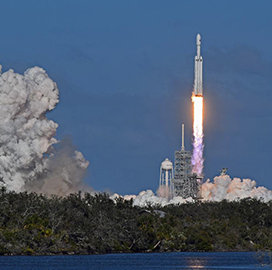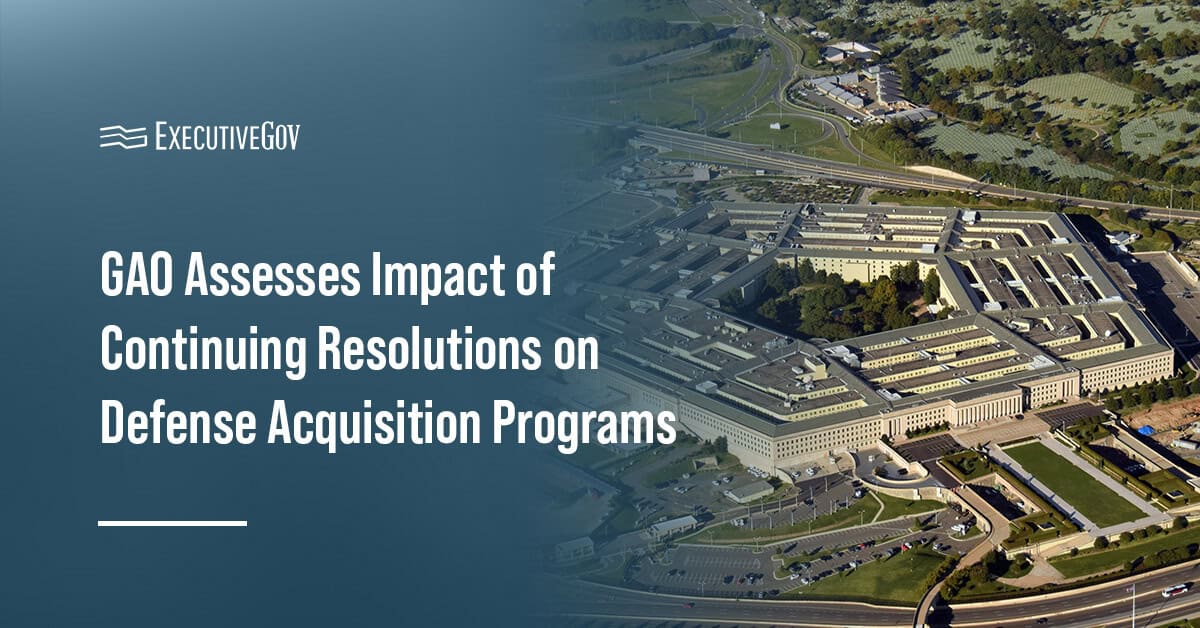Space Systems Command is preparing for the seventh launch of the Boeing-built X-37B Orbital Test Vehicle on board a SpaceX Falcon Heavy rocket for the National Security Space Launch program.
The mission, designated USSF-52, will launch on Dec. 10 from Launch Complex 39A at NASA’s Kennedy Space Center in Florida to test and demonstrate technologies for the U.S. Space Force’s unmanned space test platform, SSC said Thursday.
USSF-52 will also experiment with space domain awareness technologies and investigate the radiation effects on NASA materials, the U.S. Space Force said in a separate statement.
In 2018, SpaceX secured a $130 million contract from the U.S. Air Force to provide launch vehicle manufacturing, spaceflight worthiness activities, integration and launch operations support for the USSF-52 mission.





